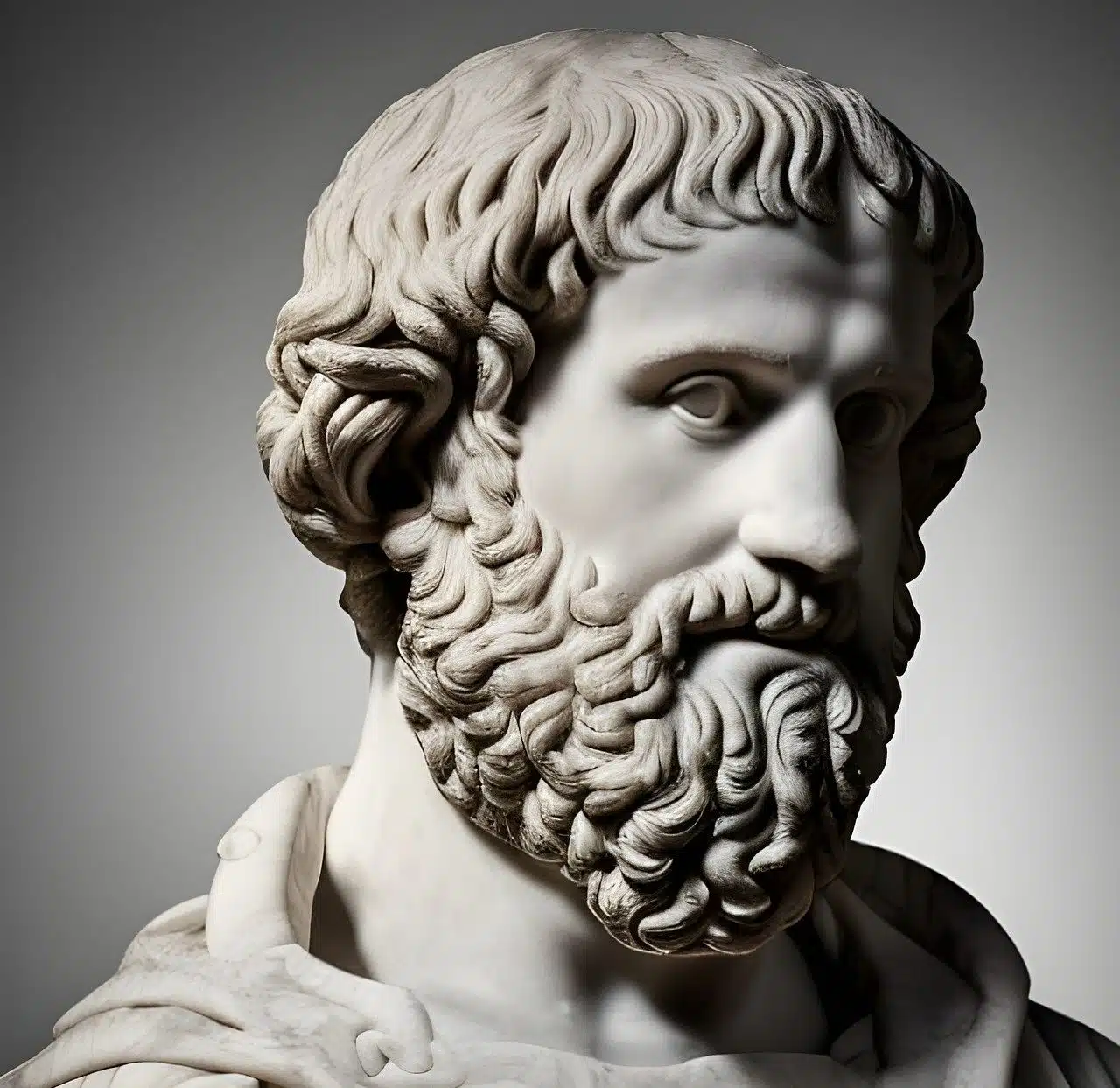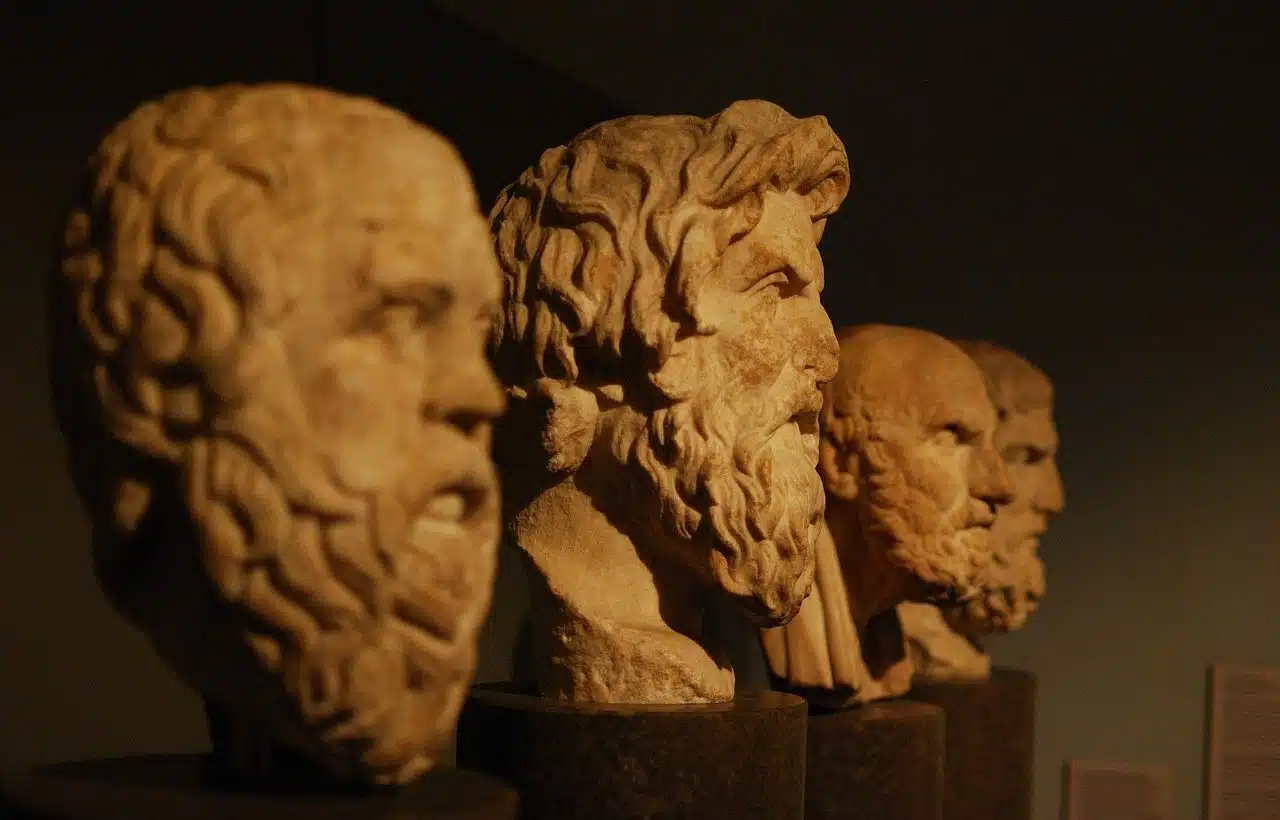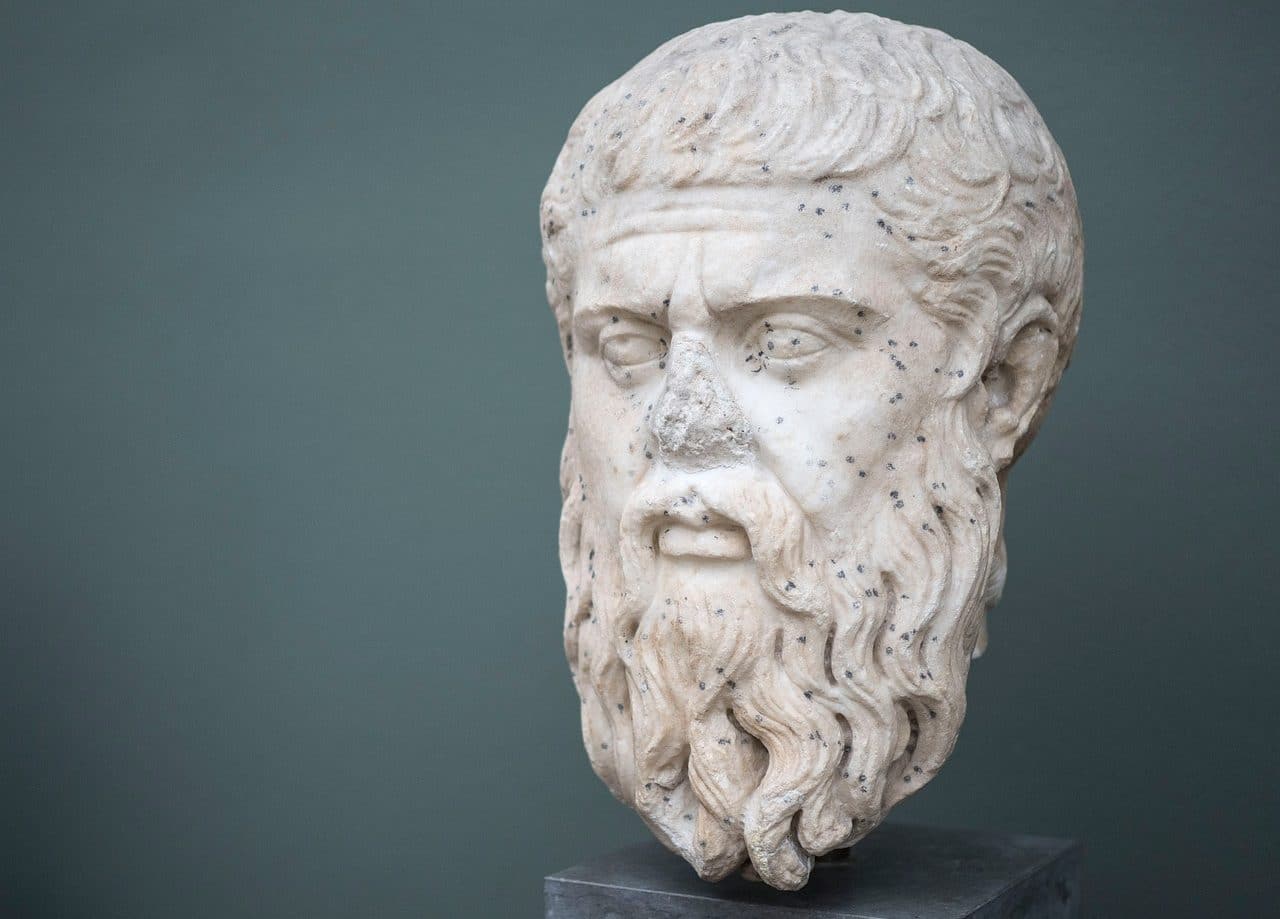
Aristotle is one of the most relevant and influential philosophers of all time.
Aristotle is one of the greatest exponents of philosophy . With his ideas, the scientist and polymath of Greek origin considerably influenced Western culture .
For this man who was interested in an enormous variety of disciplines, knowledge (which he segments into three levels or areas) is built through experience . As a result of his valuable contributions, his figure has been recognized over time as essential for the development and evolution of biology , the scientific method , political theory , logic and rhetoric , for example.
Aristotle 's contributions to physics and astronomy also gave rise to the birth of Aristotelian physics , and his reflections on the female gender together cemented an Aristotelian vision of women that transcended eras and borders.
Aristotle's experiences
According to documentation linked to the experiences of Aristotle , this thinker from Ancient Greece came into the world approximately in the year 384 BC. C. and died in 322 BC. c.
He was the son of Festis and a doctor named Nicomachus . Unfortunately, he was orphaned at an early age. Faced with this situation, Proxenus of Atarneus , playing the role of tutor, took charge of educating him and sending him, some time later, to Athens with the intention that the still young Aristotle could train at Plato's Academy , where he spent two decades. .
When Plato died, Aristotle left Athens and settled for a few seasons first in Atarneus and then in Aso , being the protégé of his former companion and friend Hermias of Atarneus . He later lived in Mytilene , a city where, together with his colleague Theophrastus , he carried out research on marine biology and zoology .
In relation to his love life, it was established that he married Pythias of Aso and as a result of that love, a girl nicknamed Pythias the Younger was born. Already widowed, he had a romantic relationship with Herpilis and had his second heir, baptized Nicomachus .
At the request of King Philip II of Macedonia , around the year 343 BC. C. Aristotle moved to the Pella area to work as a tutor to the then pre-adolescent Alexander the Great . In that context he even provided lessons to Cassander and Ptolemy .
Back in Athens , Aristotle opened his own educational institution, the lyceum . A large number of the classes offered at said entity were free and public.
Finally, this thinker settled in Chalcis , where he died as a result of a pathology that affected his digestive system.

Socrates, Plato and Aristotle are some of the figures who marked a before and after in the history of philosophy.
Works
Those who have dedicated themselves to studying the life and contributions of Aristotle have come to the conclusion that he wrote around two hundred texts, although a few dozen managed to be preserved and stored in the “Corpus Aristotelicum” .
Only a few fragments could be rescued in poetry or dialogue format from those considered lost works. This happened, for example, with passages recovered from material identified as “Exhortations” or “Protrepticus” . Yes, however, contents of “Metaphysics” and “Organon” have been analyzed and appreciated. This last publication includes "Prior Analytics" - or "First Analytics" -, "Posterior Analytics" (or "Second Analytics" ) and a treatise on dialectics called "Tópicos" .
Fortunately, works such as “Nichomachean Ethics” , “Ethics of Eudemus” , “Poetics” , “Categories” or “Magna Moralia” have not been forgotten or lost either. When it comes to appreciating Aristotle 's legacy, likewise, it is enriching to know that nourishing Aristotle's work are treatises such as “Meteorology” and “De anima (On the soul)” , to add references.

Aristotle studied for twenty years at Plato's Academy.
Legacy of Aristotle
The Aristotelian legacy includes, as we noted above, texts focused on various themes and disciplines. His production includes materials on literature , aesthetics and history , as well as works inspired by technique , ethics and politics .
It cannot be overemphasized that Aristotle produced writings focused on metaphysics and signed treatises on physics and logic .
He shared, in turn, contributions and visions regarding theories and philosophical thoughts from several of his colleagues, arriving in this context to formulate a criticism of Plato regarding the theory of ideas (or forms) defended by whoever was his guide or teacher.
Reviewing the mark left by Aristotle , in addition to the sayings and tools detailed in the previous paragraphs, the theory of the soul as well as the theory of the four causes that he motivated gain relevance. At this point it is appropriate to remember that this philosopher addressed the concepts of act and power when defining and explaining, in terms of physiology , ethics , movement and causality , the dynamic together with the possibility or capacity of being. We also owe Aristotle the theory of hylemorphism , a statement that indicates that form and matter are basic principles of substance .
